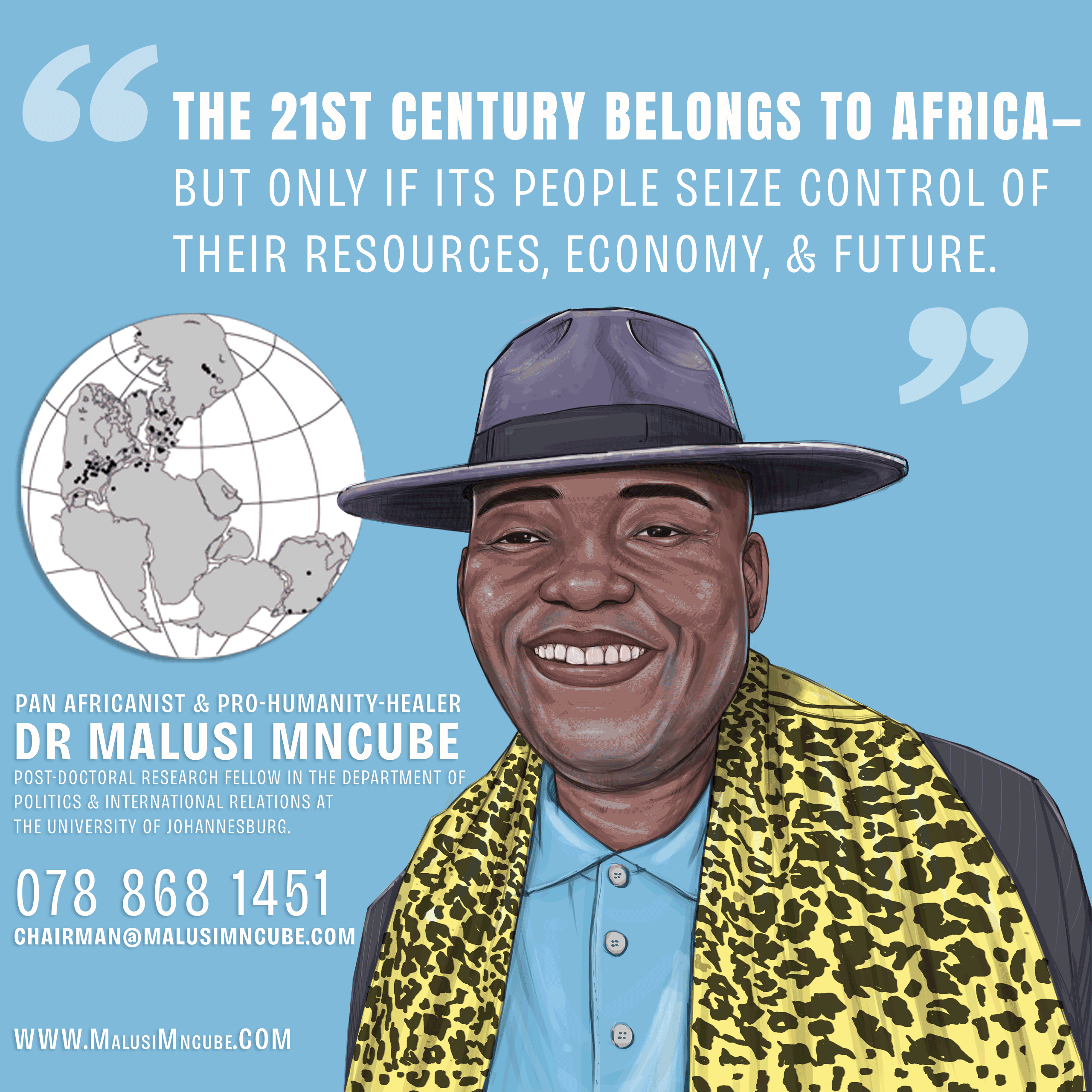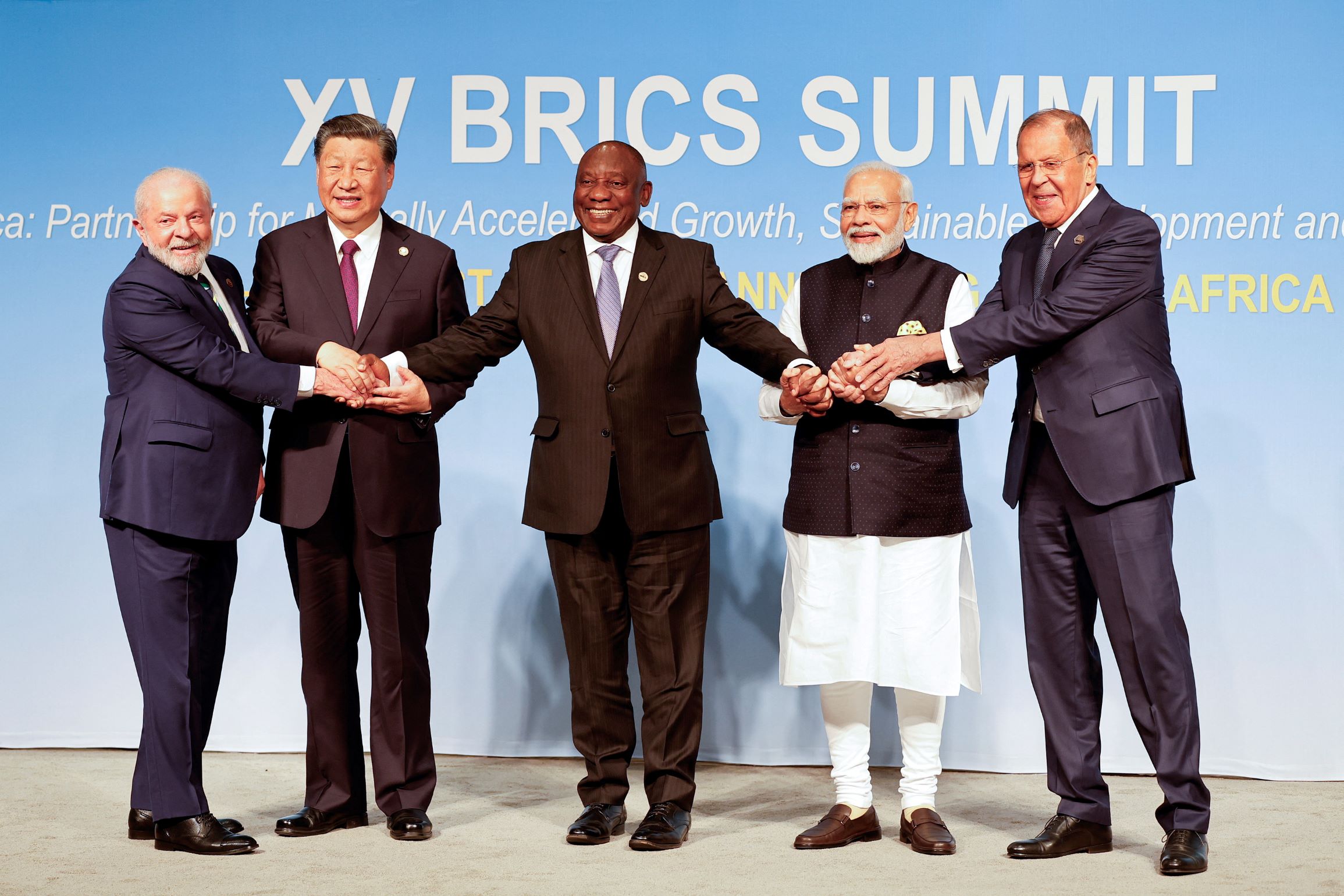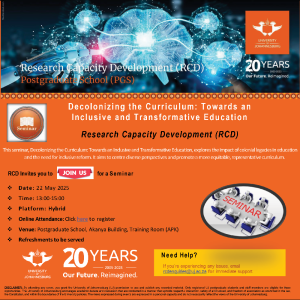The current U.S.-China trade war represents not merely a temporary dispute over tariffs or intellectual property, but an existential realignment of global power, finance, and technological dominance. Evidently traditional diplomacy has failed to contain the growing friction. This is an “existential struggle” underscores the stakes: the outcome will determine the future of global hegemony.
The Trump-era tariff strategy, revived and intensified under renewed political will, aims to curb China’s economic ascendancy by targeting key industries such as electric vehicles (EVs), semiconductors, and agriculture. In retaliation, China has imposed steep tariffs on American soybeans and agricultural products, aiming directly at America’s heartland economy. Clearly, Presidents Xi Jinping’s leadership has always believed in cooperative development amongst sovereign countries and not interfering in anothers internal matters. In this regard China will not be bullied by America and will totally decouple from the interdependence with America, China is prepared for any eventuality.
The weaponization of the dollar has backfired. Allies such as Japan and Norway have begun strategic withdrawals, including $120 billion divested from U.S. ETFs. Junk bond yields now sit at 9.6%, revealing a dangerous fragility in U.S. credit markets. As trust in U.S. fiscal stewardship erodes, nations such as Saudi Arabia, Belgium, and Brazil have systematically and strategically offloaded U.S. Treasury bonds.
At the same time, BRICS countries are hoarding gold, over 600+ tons cumulatively,to insulate against dollar-based sanctions. This signals a gradual return to hard-asset monetary foundations, long abandoned since Nixon dissolved the gold standard in 1971. This de-dollarisation effort is underpinned by digital innovations like ECNY (China’s digital yuan) and the mBridge Project,a cross-border central bank digital currency platform coordinated by the BIS Innovation Hub and dominated by BRICS members. mBridge and ECNY are enabling real-time, programmable settlements outside of U.S. control, with the long-term goal of full SWIFT decoupling.
China’s dominance remains unshaken in critical sectors such as rare earth elements (70% global control) and shipbuilding (over 50% global output). China’s export bans on rare earths have significantly disrupted the U.S. tech and defense sectors, while America’s attempts to catch up in naval logistics will take decades.
Technologically, the U.S. has blocked the export of NVIDIA’s H20 AI chip to China, fearing its implications for Chinese AI militarization. The H20 chip, engineered for large-scale data training, could rival U.S. military-grade GPUs. Despite the restrictions, NVIDIA CEO Jensen Huang continues delicate diplomacy between Washington and Beijing. The company is investing $500 billion across both countries to retain access to their markets,but faces major headwinds.
China’s response is to go it alone, accelerating efforts to surpass Western chip makers like ASML(Netherlands) and TSMC(Taiwan). Domestically, firms like SMIC, YMTC, and Huawei’s HiSilicon are receiving massive state backing to close the technology gap.
This has significant ramifications for global capital markets. Wall Street and Hong Kong markets are oscillating due to tariff escalations and capital flight. Hedge funds like Bridgewater and Blackstone are shifting into gold and emerging markets to hedge against volatility. Meanwhile, the China Investment Corporation (CIC), with $1.3 trillion in assets, is playing a sovereign role similar to BlackRock and Vanguard,but with national strategic imperatives rather than shareholder profit motives.
The U.S. Federal Reserve is under pressure: soaring inflation, high interest rates, and debt rollover difficulties are eroding its borrowing capacity. Household purchasing power has collapsed, while China’s more disciplined savings model shields its population. But this crisis is global. Public dissatisfaction is brewing in America and Europe. Elon Musk’s ventures, including Tesla and Starlink, face massive revenue losses due to China’s shifting industrial policies and regulatory restrictions.
The implications are civilizational. As the South China Sea heats up and Taiwan becomes a new flashpoint, the trade war may spill over into proxy conflicts,much like Ukraine served NATO’s purpose against Russia. Should tensions escalate, we may face perpetual wars as economic engines, a dangerous business model that risks triggering a nuclear conflagration. Against this backdrop Africa must enhance its intra-trade integration,with one continental Central Bank and one currency and demonstrate greater agency as one within BRICS and FOCAC.
Author: Dr Malusi Mncube
University of Johannesburg

Discover more from Dr Malusi Mncube
Subscribe to get the latest posts sent to your email.




